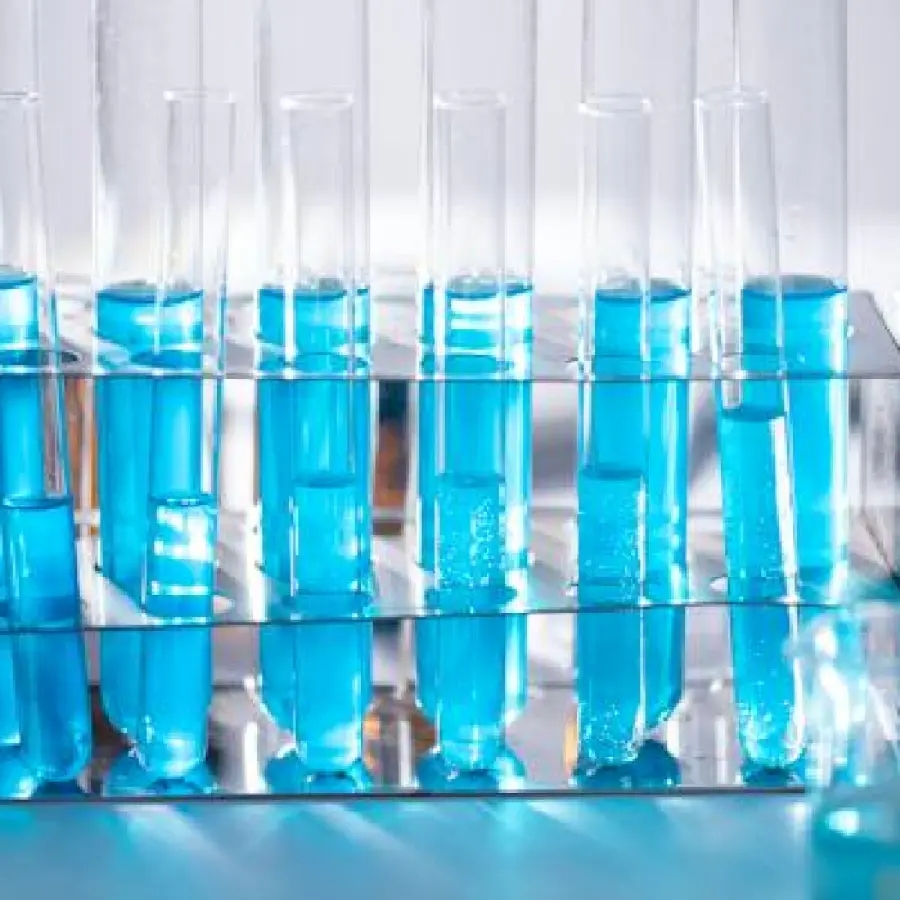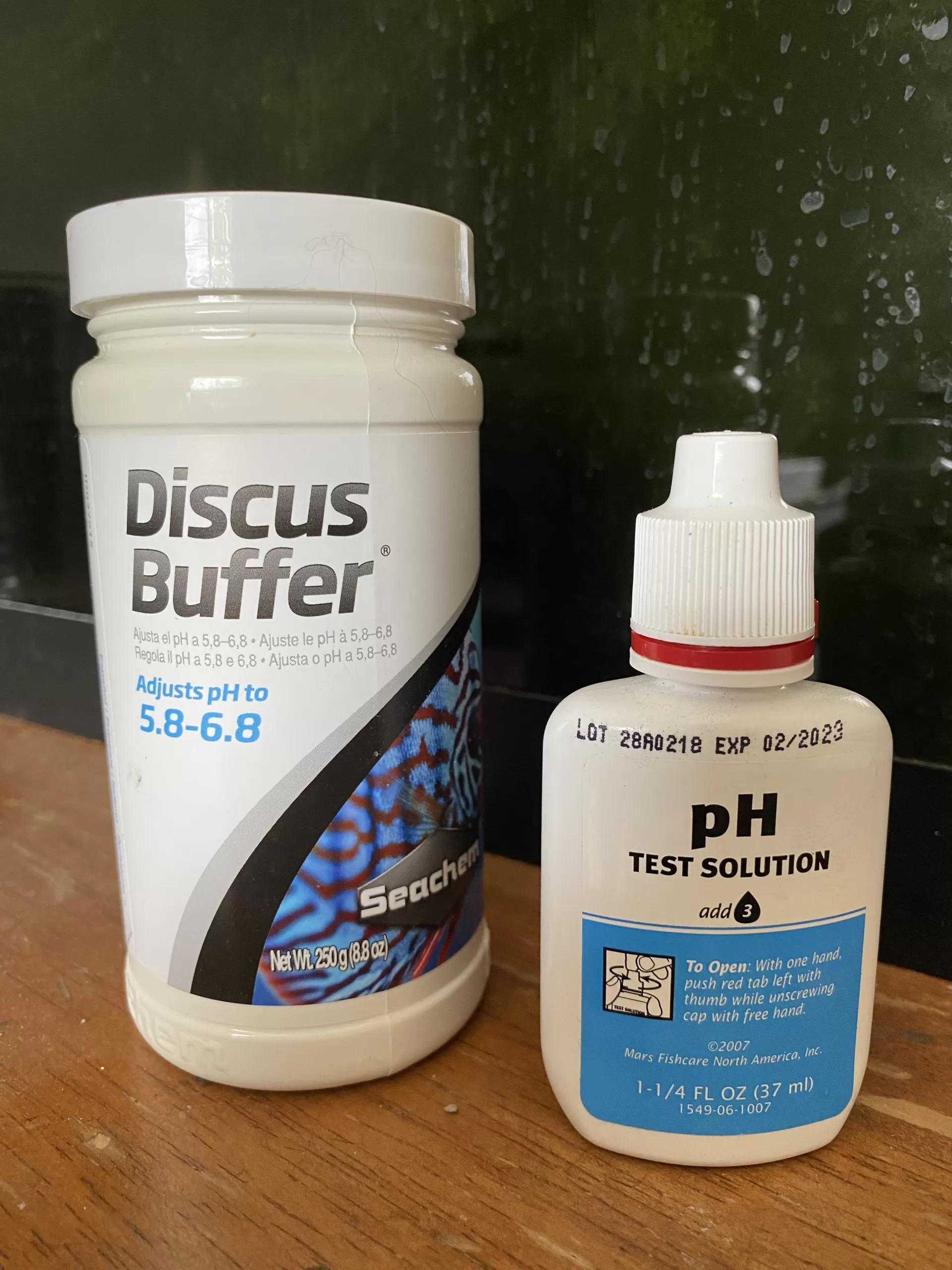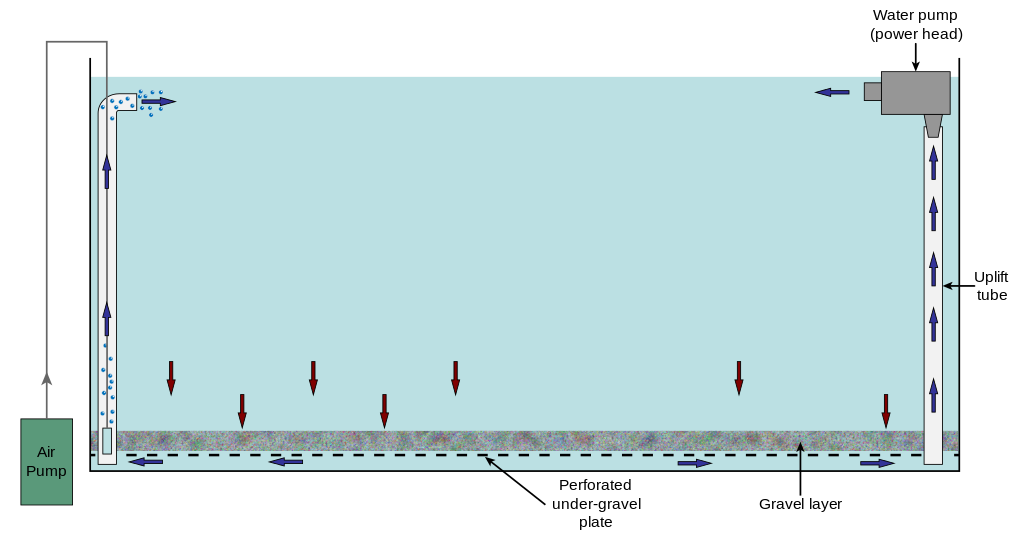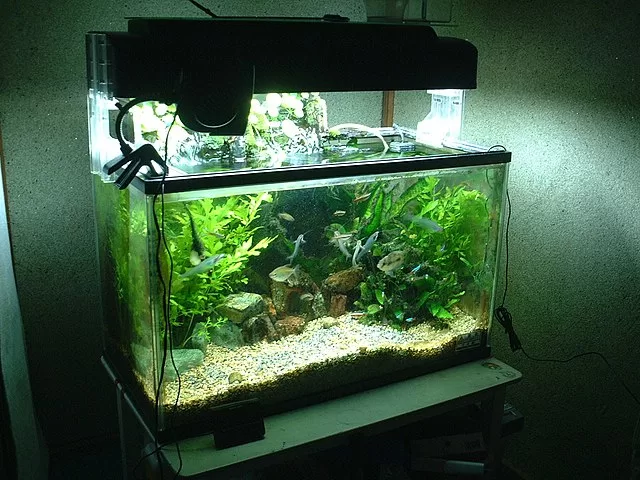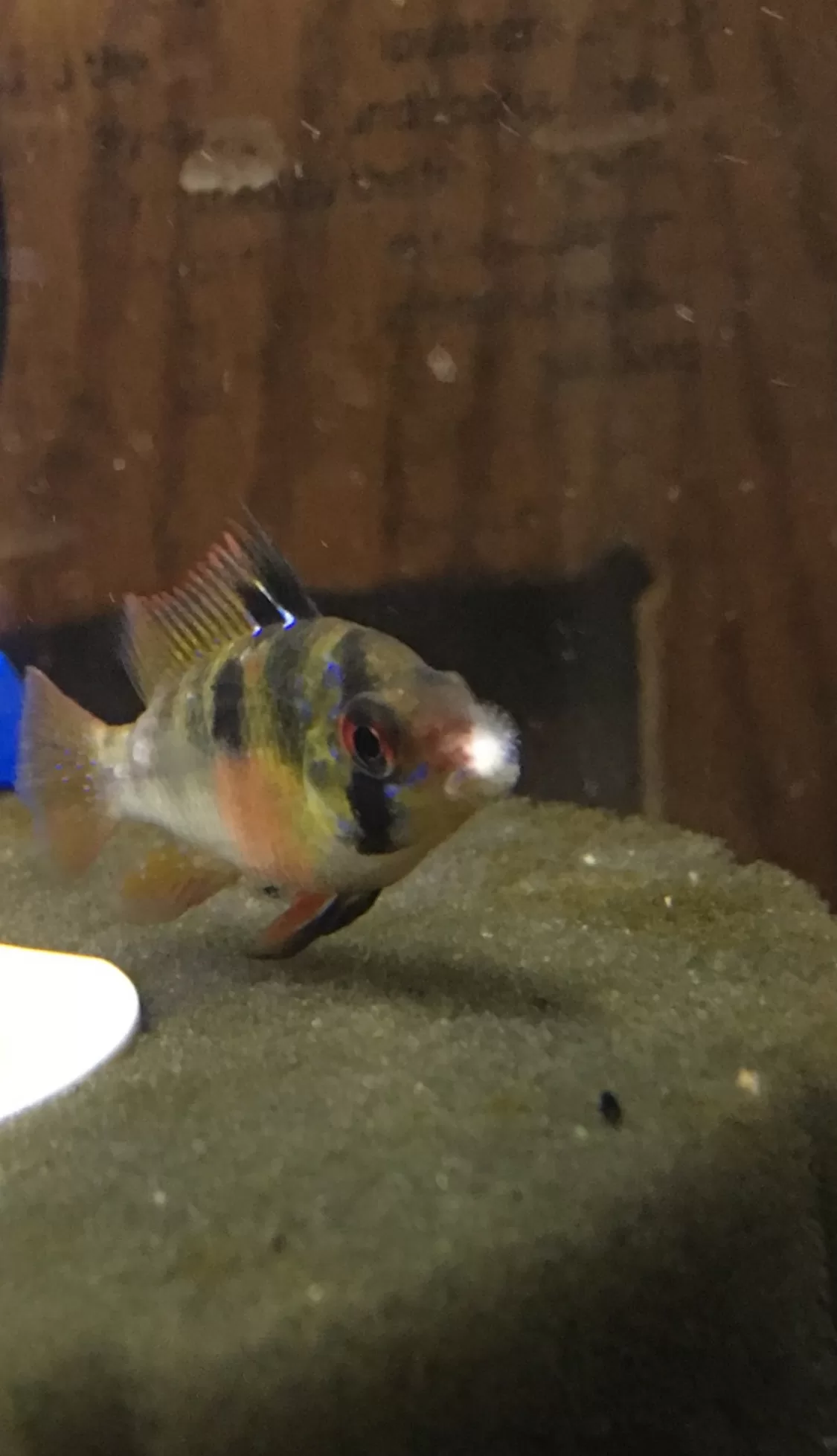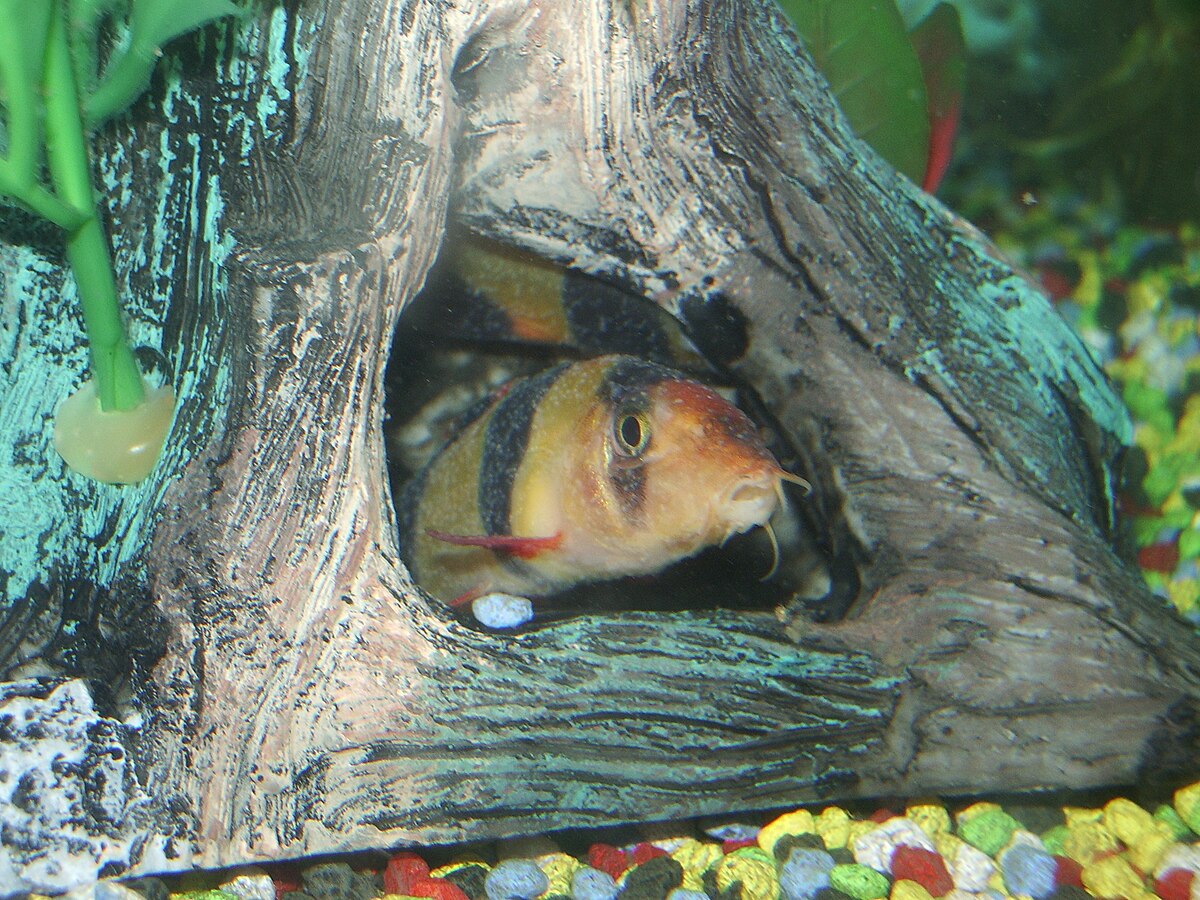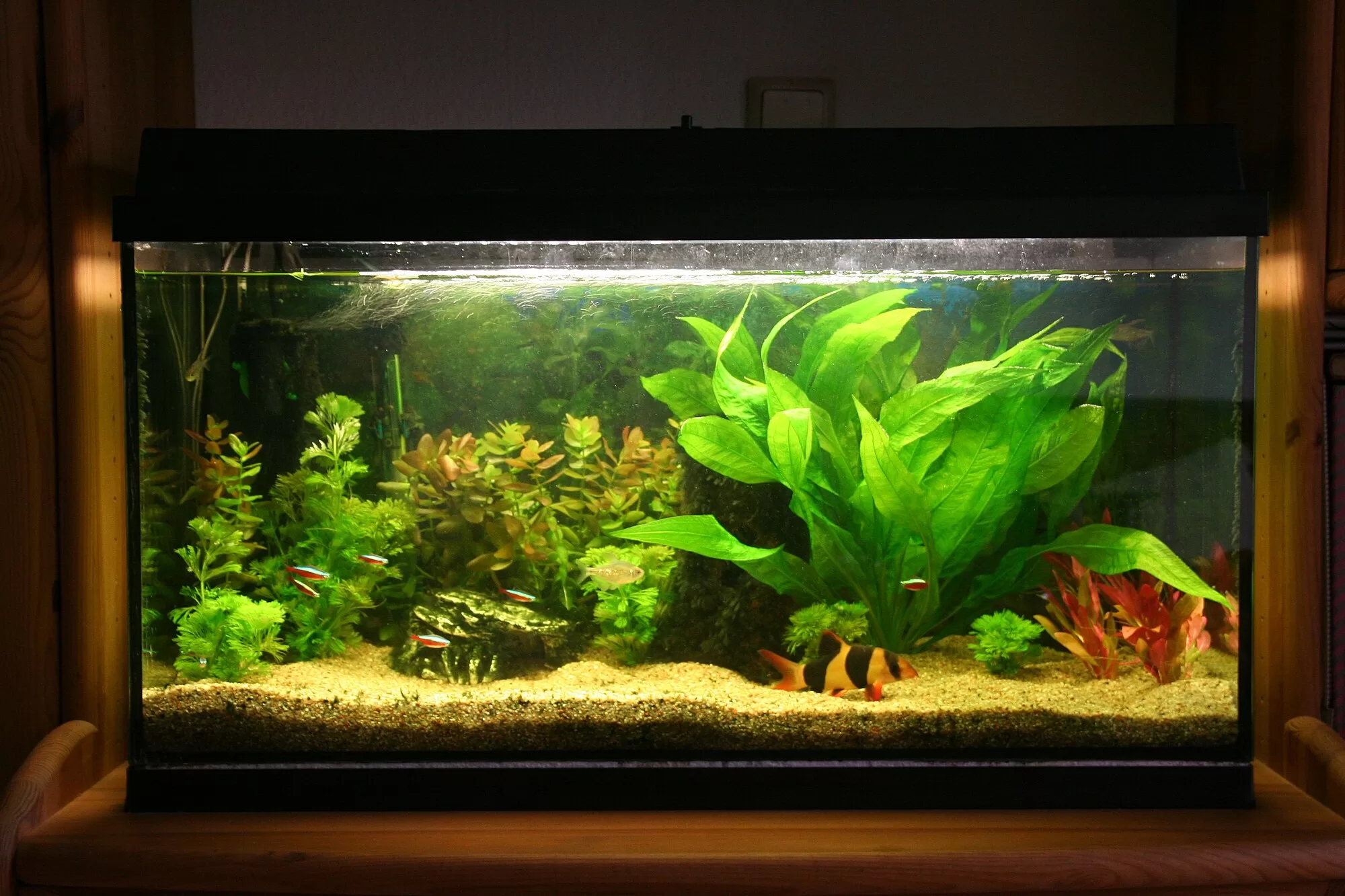There are a lot of obsessive behaviors within the aquarium hobby, and worrying about the pH level is one of them. Oftentimes you see new hobbyists using test strips or the liquid test kit and seeing that their pH is off the charts. Then they go into panic mode trying to fix it.
While it’s not correct to say that the aquarium pH never matters, it is correct to say that most of the time it doesn’t, and it should never make you panic.
In this article, we’ll be going over why aquarium pH usually doesn’t matter and the rare times that it does.
Preferred pH & What Is Safe
Here’s where it gets a bit confusing. Most of the aquarium fish you buy, whether that be online or at the store, have been bred, born, and raised in captivity using good old city water, aka tap water.
Most tap water, at least in the United States somewhere in between slightly acidic (6.5) and moderately alkaline (8.5). That means that most top water is sitting in the middle and not at an extreme.
Domesticated fish can and do easily adapt to this range of pH, therefore, pH in an aquarium does not matter if the fish were born and raised in captivity. The only scenario where this is not true is if your pH falls to an extreme, which we will talk about next.
When Does pH Matter and How To Know
Some certain times and symptoms make it appropriate to adjust your pH.
Extreme Levels
While most fish in captivity can adapt to a wide range of levels, there are extremes where fish that come from very high pH water will do better than fish that come from very low pH levels. If your pH is above 8.5 or below 6.5, it might be a good idea to adjust it, but only if you feel that your fish aren’t doing well. If they look and act fine, then they likely are fine.
This will also depend on the fish you’re keeping. For example, a fish native to the Amazon will do okay if the water is below 6.5, vice versa those same fish will probably not do very well above 8.5. A fish from a high pH will probably be okay a little above 8.5, like African cichlids.
So basically what it comes down to is avoid keeping fish that are native to water with a pH that is the complete opposite of the extreme that your tank is. Otherwise, if your water is within the acceptable range, your fish will have no problem adjusting.
Keeping Wild Caught Fish
Another reason you might need to adjust your pH is if you’re keeping fish that are wild-caught. For example, if the pH in your aquarium is 6.5 and you’re keeping wild-caught African cichlids, you’re going to want to raise your pH and likely your hardness as well. Wild-caught fish will be a lot less adaptable to your pH.
You Have Certain Plants
Certain aquarium plants sometimes require specific nutrients that are not as abundant and easy for the plants to uptake. Nutrients like iron, manganese, boron, copper, and zinc are harder for plants to absorb when the pH is high. While this might not be a problem for plants that require lower amounts of these nutrients, it can be a problem for plants that need particularly high amounts of these nutrients. A lot of the time this can be fixed by nutrient-rich soil or fertilizer tabs in the substrate. The reason is that the high pH limits nutrient uptake from the water column, but if the roots can absorb these directly from soil or fertilizer tabs, it fixes the issue.
Stalled Cycle
One of the most common symptoms of a low pH is a stall in your cycle, causing a measurable ammonia reading. Coincidentally, when the pH is this low the ammonia is actually in a bonded form called ammonium, which is not toxic to fish. However, this is not a good reason to ignore the issue and not have a cycled tank. If you’re using city water, the pH could change and cause a big problem for you or something in the tank made of a compound that increases pH could create a problem for you too. Not to mention the fact that a pH this low might not be good for the fish you’re keeping.
Myth Busting: Only pH Stability Matters
This is something that just gets repeated by people, that a stable pH is all that is important. This is pretty baseless, and I don’t know when or why people started saying it. The truth is that pH in lakes, rivers, streams, or any body of water fluctuates daily. Of course, you probably want to avoid huge swings, however, that is unlikely to happen anyway. So modest fluctuations in the pH are natural and do not have to be perfectly stable.
Summary
In this article, we’ve discussed why aquarium pH doesn’t matter to the average aquarist. But sometimes pH does matter, and we discussed each of those scenarios where it might be beneficial to adjust your pH. Take a look at your situation and analyze whether you should or shouldn’t make adjustments.

